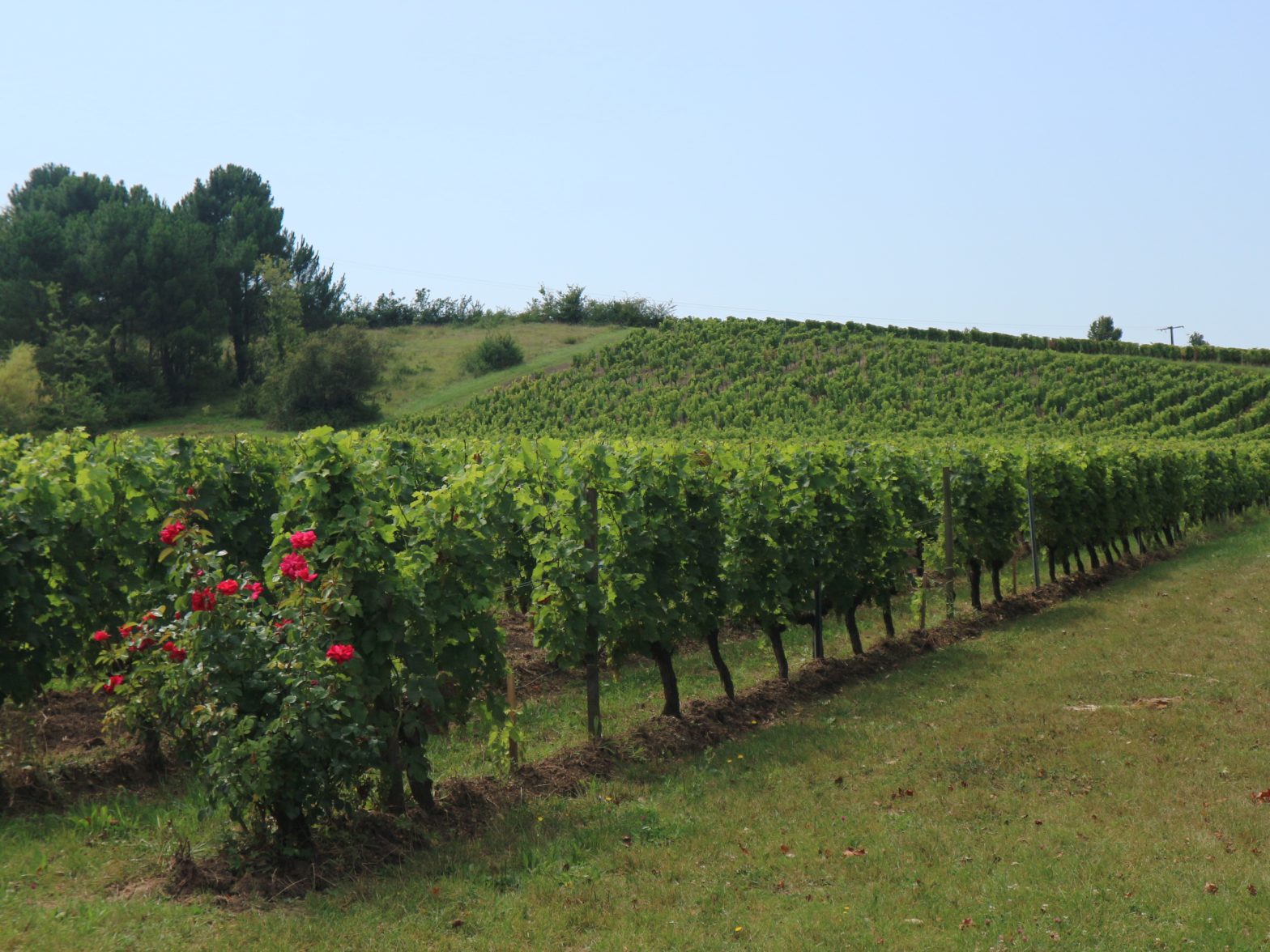The positive side of Winegrowing Heritage🍇

In a new political, social and economic climate, with high stakes, vineyards remain a genuinely interesting and topical alternative investment.
Winegrowing is a long-cycle business, and the appeal of being a winegrower remains strong.
Tax and asset management considerations are still omnipresent.
Acquiring a property by means of a transfer of ownership (150-0 B ter of the French Tax Code) is a highly topical option for any entrepreneur who has sold his or her business and is looking to re-use it in a low-visibility financial and political environment.
Winegrowing property is also a tax shelter for succession and transfer, with well-established advantages thanks to historic arrangements (donation, dismemberment, rural lease, etc.).
Vines and wine are regaining their reputation, as shown by the change in regulations on ZNT (Zones de Non Traitement – Non-Treatment Zones) and the new measures.
In the past, winegrowers were responsible for prohibiting treatments near built-up areas.
Today, any programme will have to include a protective corridor within its land area. In a world where the ecology is on the wane, winegrowing estates are virtuous because it turns out that, due to their configuration, they are rich in green spaces and protected wooded areas.
The areas of uncultivated land that were banned because they were labelled as harmful wasteland are now recognised as preserving the environment and providing a reasonable carbon footprint.
In today’s uncertain times, the wisdom of our winegrowing heritage, even in the face of economic tensions, is becoming a safe haven.
🍇🧑🌾
Translated with DeepL.com (free version)
